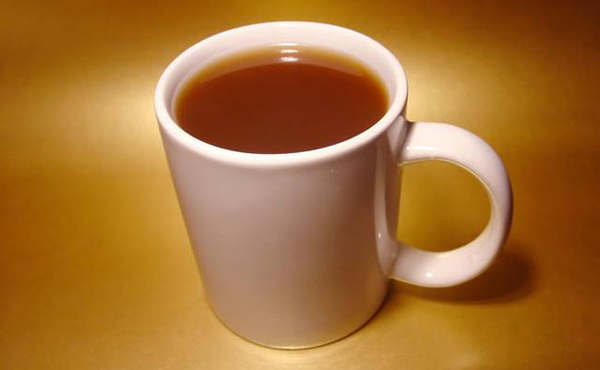Is Decaf Coffee Really Decaffeinated?

Get the world’s most fascinating discoveries delivered straight to your inbox.
You are now subscribed
Your newsletter sign-up was successful
Want to add more newsletters?

Delivered Daily
Daily Newsletter
Sign up for the latest discoveries, groundbreaking research and fascinating breakthroughs that impact you and the wider world direct to your inbox.

Once a week
Life's Little Mysteries
Feed your curiosity with an exclusive mystery every week, solved with science and delivered direct to your inbox before it's seen anywhere else.

Once a week
How It Works
Sign up to our free science & technology newsletter for your weekly fix of fascinating articles, quick quizzes, amazing images, and more

Delivered daily
Space.com Newsletter
Breaking space news, the latest updates on rocket launches, skywatching events and more!

Once a month
Watch This Space
Sign up to our monthly entertainment newsletter to keep up with all our coverage of the latest sci-fi and space movies, tv shows, games and books.

Once a week
Night Sky This Week
Discover this week's must-see night sky events, moon phases, and stunning astrophotos. Sign up for our skywatching newsletter and explore the universe with us!
Join the club
Get full access to premium articles, exclusive features and a growing list of member rewards.
At the end of a day, you might order a cup of decaf coffee to avoid the anxiety and sleeplessness that can come with a full-strength caffeine kick of regular joe. Nice try. Despite its name, decaf isn't quite caffeine-free.
The process of decaffeination, it turns out, cannot remove caffeine completely. In fact, if you drink five to 10 cups of decaffeinated coffee, you could get as much caffeine as from drinking one or two cups of caffeinated coffee, according to researchers who tested the caffeine levels in several decaf coffee.
In 2007, Consumer Reports measured how much caffeine was in small-sized (10 or 12 ounces) cups of decaf coffee from Burger King, Dunkin' Donuts, McDonald's, Seattle's Best Coffee, 7-Eleven, and Starbucks. They found that although more than half of the coffees had less than five milligrams of caffeine, samples from Dunkin' Donuts had 32 mg, Seattle's Best had 29 mg and Starbucks had 21 mg.
By comparison, a regular cup of coffee has approximately 85 mg of caffeine. So while the trace amounts of caffeine in decaf may not be enough to kill you , they could be enough to blame for your jitters.
Got a question? Email it to Life's Little Mysteries and we'll try to answer it. Because of the high volume of questions we receive each day, we unfortunately can't reply individually, but we will publish answers to the most intriguing questions, so check back soon.
Get the world’s most fascinating discoveries delivered straight to your inbox.
 Live Science Plus
Live Science Plus










